The Roman Empire, with its vast territories and intricate governance, has been a subject of fascination for historians, scholars, and enthusiasts alike. One pivotal moment in its military history was the Marian Reforms, instituted by Gaius Marius in the late 2nd century BC.
But what if these reforms never took place? What would the Roman military landscape look like? Let’s embark on a journey through this reimagined historical tapestry, exploring both the potential benefits and pitfalls of such a significant shift.
The Original Marian Reforms
Before delving into our alternate scenario, it’s essential to understand the original reforms. Gaius Marius, a Roman general and statesman, recognized the need to address the Roman army’s vulnerabilities. His reforms included:
- the standardization of equipment
- the elimination of property requirements for soldiers
- the establishment of a standing army
These changes not only professionalized the Roman legions but also made them more adaptable and formidable in various combat scenarios.
The Roman Military Without the Marian Touch
Without the Marian Reforms, the Roman military would likely have retained its earlier structure, heavily reliant on the manipular system. This system, while effective during its time, had its limitations, especially when faced with diverse enemies and terrains.
Continued Socio-Economic Barriers
One of the most significant changes Marius introduced was the removal of property requirements for soldiers. Without this change, the Roman army would continue to be an institution for the privileged. This could lead to a smaller pool of recruits, potentially weakening Rome’s military might. On the flip side, it might have maintained a sense of elite exclusivity, possibly leading to a more dedicated and loyal force, albeit smaller in number.
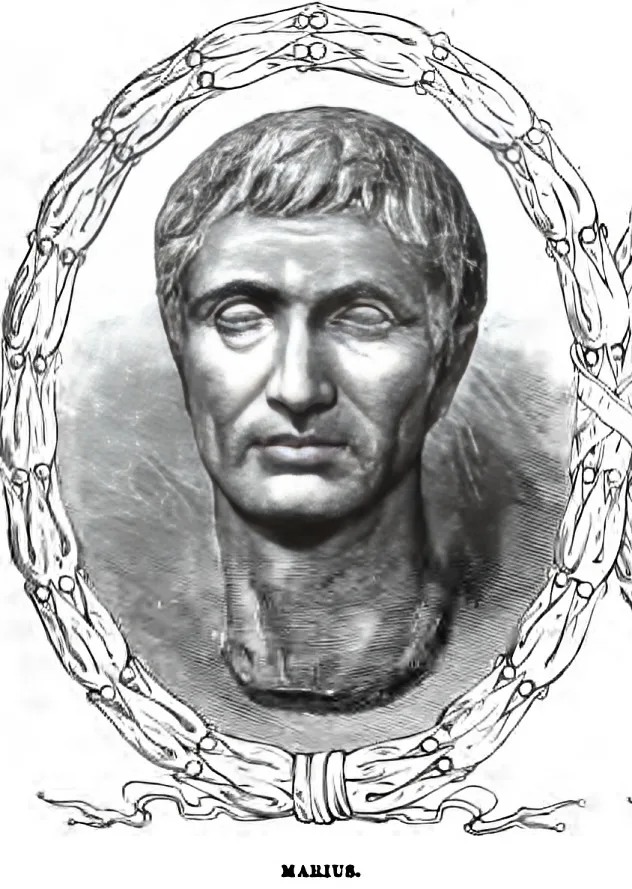
Lack of Standardization
The Marian Reforms brought about a standardization in equipment, ensuring every legionary was uniformly equipped. Without this, legions might have faced logistical challenges, with soldiers wielding varied weapons and armor. This lack of uniformity could have made training more complex and reduced the army’s overall efficiency. However, it might also have allowed for more flexibility, with different units specializing in specific combat styles.
Dependence on Allies and Mercenaries
Without a standing army, Rome might have leaned more heavily on its allies and mercenaries. While this could have fostered stronger diplomatic ties, it also posed risks. Relying on external forces could lead to loyalty issues, potential uprisings, and increased costs.
The Broader Implications for Rome and Beyond
The absence of the Marian Reforms would not only affect the military but also ripple through the socio-political fabric of Rome and its territories.
Political Landscape
The Marian Reforms indirectly paved the way for individuals like Julius Caesar, who leveraged their military successes for political gains. Without these reforms, the balance of power might have shifted, leading to a different set of leaders and possibly even altering the course of the Roman Republic’s transition to the Roman Empire.
Economic Impacts
The reforms allowed for a broader section of society to join the army, leading to economic mobility. Without this avenue, socio-economic disparities might have deepened, potentially leading to unrest and upheavals.
Cultural Shifts
The Roman legions, post-reforms, played a crucial role in spreading Roman culture and values across the territories. Without a standardized, professional army, this cultural diffusion might have been slower or less widespread.
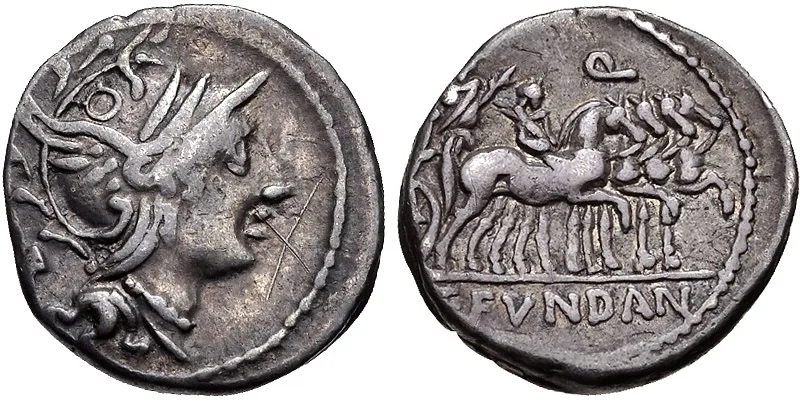
Conclusion
History is a complex tapestry of decisions, actions, and consequences. The Marian Reforms, while transformative, were just one thread in this vast expanse. While it’s tempting to view them solely as beneficial, it’s essential to recognize that every historical shift has its pros and cons. Without the Marian touch, the Roman military might have faced challenges, but it could also have charted a unique path, rich with its own set of achievements and lessons.
Historical Counterpoints to the “What If” Scenario of Gaius Marius’ Absence
1. The Inevitability of Change
Some historians argue that even if Gaius Marius hadn’t introduced his reforms, the changing socio-political landscape of the Roman Republic would have necessitated a shift in the Roman military structure. The pressures from external threats, internal strife, and the need for a more professional army might have led another leader to introduce similar, if not identical, reforms.
2. The Manipular System’s Resilience
While the Marian Reforms are credited with transforming the Roman legions, some scholars believe that the earlier manipular system was adaptable in its own right. They argue that this system could have evolved differently, perhaps integrating elements of the reforms without a complete overhaul.
3. Economic Implications Overstated
The article suggests significant economic mobility due to the reforms. However, some historians might counter that while the Marian Reforms did open the army to the property-less class, the broader economic implications might be overstated. The Roman economy was multifaceted, and many other factors contributed to its dynamics.
4. The Role of Allies and Mercenaries
The reliance on allies and mercenaries isn’t necessarily seen by all historians as a potential weakness. Some argue that Rome’s ability to integrate and collaborate with various groups was one of its strengths. In this alternate scenario, Rome might have developed even stronger diplomatic ties, leading to a different kind of military and political dominance.
5. Cultural Diffusion Would Persist
The spread of Roman culture, some historians argue, wasn’t solely due to the Roman legions post-reforms. Trade, diplomacy, and other forms of interaction also played crucial roles. Even without the Marian Reforms, the allure of Roman culture, technology, and governance would likely continue to influence neighboring regions.
More of → What If? ←
Do you think the Roman Empire would have grown as much without Gaius Marius’s military reforms? Why or why not? Let us know in the Comments!
FAQ
1. How might the Roman naval forces have been impacted without the Marian Reforms?
The Marian Reforms primarily targeted the Roman legions, but the ripple effects might have influenced the naval forces. Without a standardized army, the navy might have taken on a more prominent role in securing trade routes and establishing dominance. Alternatively, the lack of a professional standing army might have necessitated a closer integration between the naval and land forces, leading to a more cohesive military strategy.
2. Would the absence of the Marian Reforms have affected Rome’s relationships with its colonies?
The Marian Reforms, by professionalizing the army, indirectly influenced how Rome interacted with its colonies. Without these reforms, the colonies might have seen a more varied mix of Roman soldiers, possibly leading to different dynamics. The colonies might have had more autonomy in their military affairs, or conversely, Rome might have enforced stricter controls to compensate for a less standardized army.
3. How would Rome’s enemies have adapted to a Roman military without the Marian Reforms?
Rome’s adversaries, like the Parthians, Gauls, and Carthaginians, adapted their strategies based on Rome’s military strengths and weaknesses. Without the Marian Reforms, these enemies might have encountered a Roman military that was less uniform but potentially more diverse in its tactics. This could have led to a different set of military confrontations, with Rome’s enemies possibly exploiting perceived weaknesses or being caught off guard by unexpected strategies.
4. Would the Roman Senate’s power dynamics have shifted without the influence of the Marian Reforms?
The Marian Reforms indirectly allowed military generals like Julius Caesar to amass significant power, challenging the Senate’s authority. Without these reforms, the Senate might have retained more control over military matters. However, other ambitious individuals could have emerged, leveraging different aspects of Roman society to challenge the Senate’s dominance.
5. How would the absence of the Marian Reforms have influenced the gladiatorial games and other public spectacles in Rome?
The gladiatorial games, while primarily entertainment, were also a reflection of Rome’s martial spirit. Without the Marian Reforms and the resulting professional standing army, the nature of these games might have evolved differently. Perhaps there would be a greater emphasis on showcasing diverse combat styles from various regions of the Republic, or the games might focus more on naval battles and other spectacles not directly tied to the legions’ prowess.
Leave your thoughts in the comments below 😉 ↓
This was a delight to read. You show an impressive grasp on this subject! I specialize about Appliances and you…
i think he was just a crazy guy, a victim of his childhood and enviroment
super interesting 🤔
Loved this article, learned a lot!

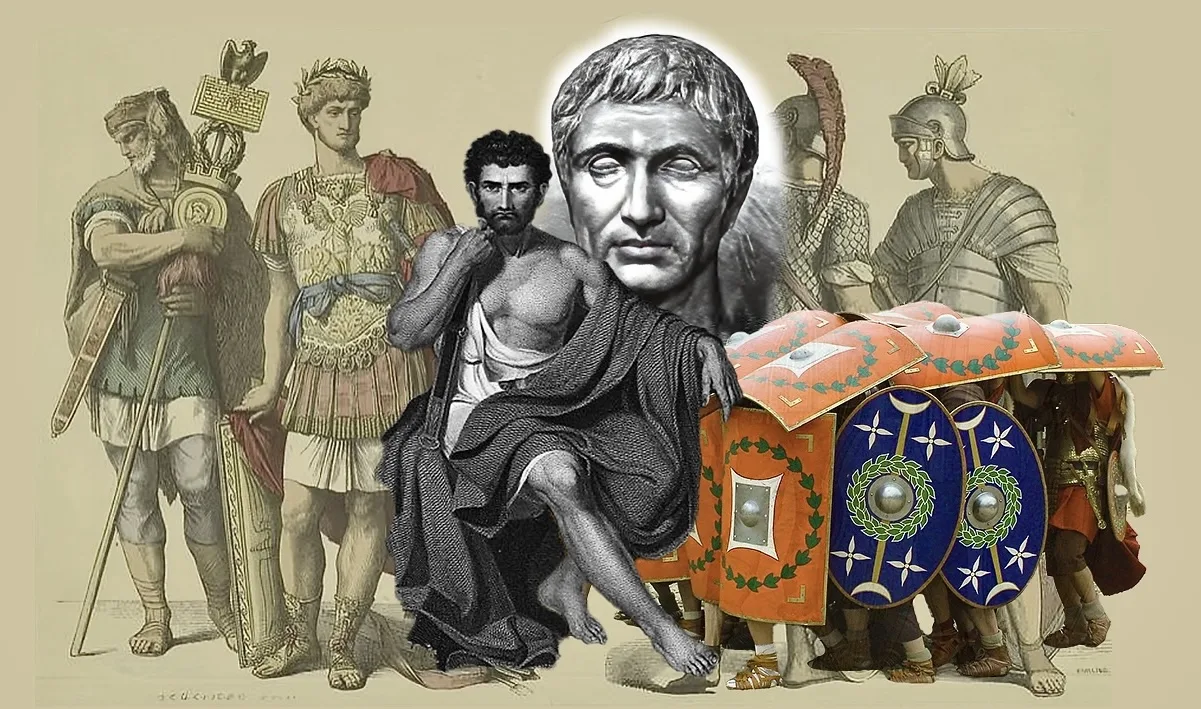
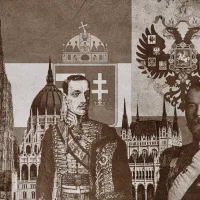
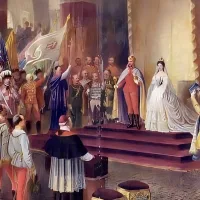
Leave a Reply